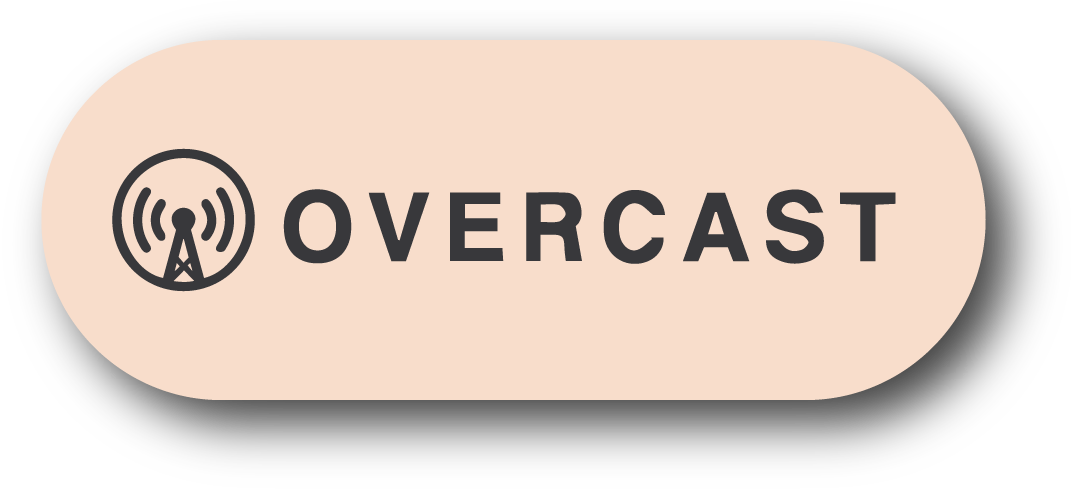#411 - COMMUNICATING ARCHITECTURE TO CLIENTS
SUMMARY
This week David and Marina of FAME Architecture & Design discuss the topic of communication in architecture. The two covered architects’ process for onboarding clients; discussing contracts; communicating design options; following up with clients; reminding clients to take time in decision making; architecture as a service industry; issues stemming from poor communication; and more. Enjoy!
TIMESTAMPS
(00:00) Introduction.
(02:47) Architects are not good at onboarding clients.
“You can't start a working relationship on a project without making sure that everybody is on the same page. If there is a misunderstanding then further down during the project, something will come up that was not clarified at the beginning. The issue usually relates to, “Were you going to provide me this service or was this in your contract?” Then you have to go back six months and explain what was in the contract. [Architects should] go through [the contract] page by page and make sure the client understands the role of the architect and what they will provide for the specific project if there are other professionals involved.” (03:25)
(16:44) Discussing contracts with clients.
“I do not want clients to sign a contract if they haven't read it. This [mentality] of, “It doesn't matter how or why they signed it,” is a problem because it means [the clients] are not informed. When an issue arises, they're probably going to assume something that is the opposite of what's in the contract. Versus had they been informed, they would recognize, “I think we talked about this before, it's in the contract.” (18:18)
(23:06) Communicating design options to clients.
“I don't think that there's ever a meeting where there isn’t the time to explain the thinking behind the solutions you propose. The reason why it's important is that it communicates the value of yourself and the profession through education. [The clients] should become educated about their project over time so when you get to a third of the way into the project, you have a foundation of shared knowledge. When you present the next stage to them, you both have a shorthand and [the client] gets it.” (28:11)
(35:27) Following up with clients.
“There is a tendency for architects to not follow up with clients and not to make them accountable for what they have to do. It's important to make clients understand that you are producing the work, but they also have decisions to make. They have to be timely and give feedback that is more than just, “I like it, or I don't like it,” because it's not very productive for the process. If you just wait to hear back from the client, you might never hear back. They don't know what they're supposed to get back to you with. They don't know when or how you need that answer. The decision-making process often causes issues and delays in projects. The client needs to be kept accountable, and [architects] have to be proactive about getting what they need from the client.” (35:48)
(47:36) Remind clients to take time making design decisions.
“It's also important to remind your client to take their time to think about design decisions. Sometimes you have clients who rush through the decision process thinking that it will help the project move faster. Every time that happens, it's never been great because they didn’t spend the time to think about the options. So, they’re constantly reconsidering the decision they’ve made, which is a problem for us because [it’s like] building a pyramid. Each stone gets approved, and we build on the next layer, the next layer, and the next layer. If you reconsider and change the first layer, the structure will crumble. So, making a decision too quickly does not help the process. The clients have to be confident; they have to take the time to think about it and consider the other options.” (47:42)
(53:32) Architects have a lot to lose in a project.
(55:11) Architecture is a service industry.
(57:39) Most issues on projects stem from communications.













